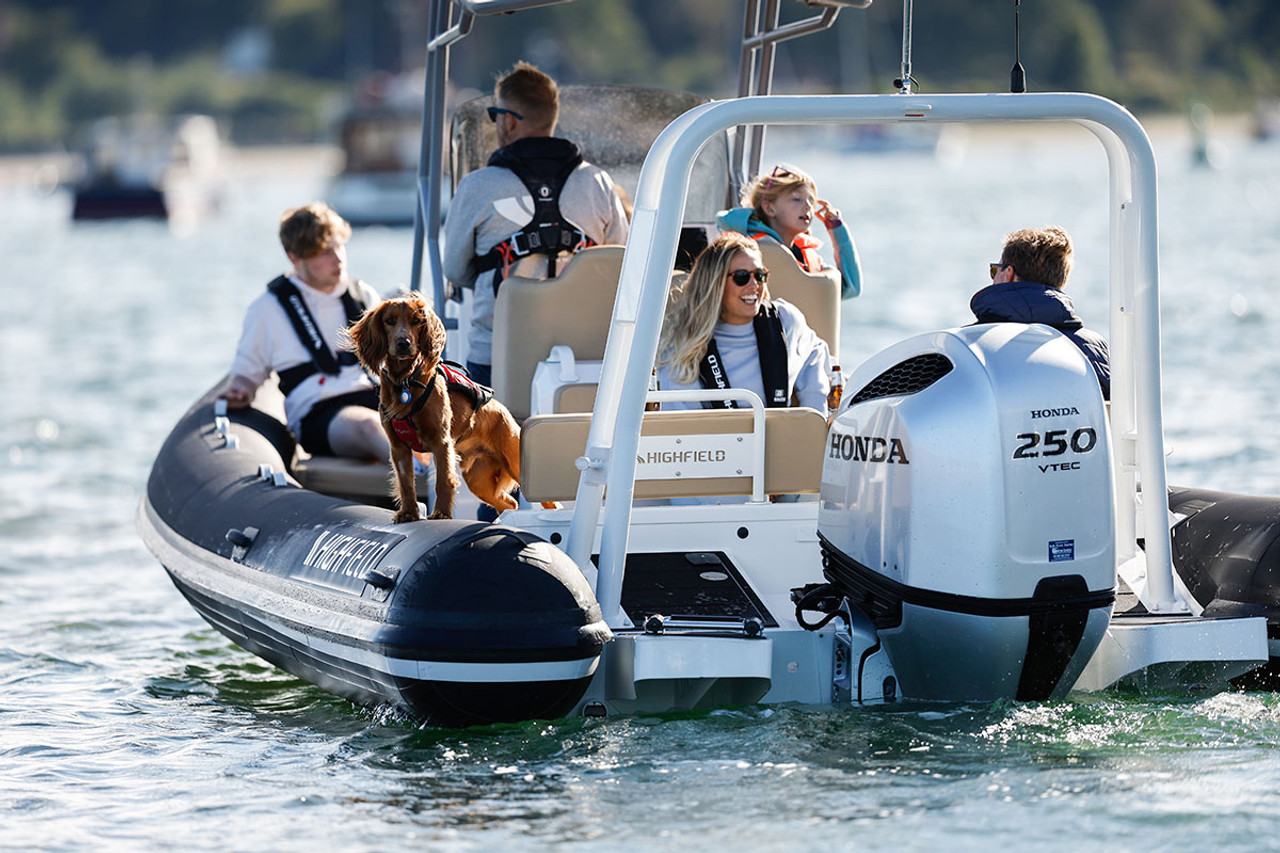Labor Day is upon us, and we are here to ensure you get the most out of the last holiday weekend of the season! Labor Day is an end-of-summer ritual for many boaters and the third most popular day on the water after Memorial Day and Fourth of July. For many, the holiday may be the final hurrah of the summer as it signals the coming of fall when it is time for many to put their boats away for the season.
Safety means there is no time for complacency, and the same enthusiasm boaters showed when getting their boats out for Memorial Day should be practiced and observed at the end of summer for Labor Day. It's no secret that the last few years saw a considerable surge in recreational boat sales, with a 35% increase in first-time boat owners since 2020. While we love to see more and more people experience the pleasure of boating, more people on the water means navigating the waterways can easily veer from a relaxing day with family and friends to a stressful one.
According to Soundings Online, the most common requests for on-water assistance from recreational boaters include "some type of engine or mechanical breakdown, running aground in a shallow area, needing a jumpstart, running out of fuel, and needing a tow." So let's run through that checklist one more time, do the necessary prep, and make sure all items are in good condition and stored where they can be quickly retrieved in the case of an emergency!
First Aid Kit. If someone gets hurt while on the water, it is essential to have a fully-stocked First Aid Kit to treat any illnesses or wounds during a trip back to shore or while waiting for help to arrive.
Sunscreen & Sunglasses. Sunglasses, sunscreen, hats, and any other protective clothing are essential for all boaters. Besides protecting your eyes, sunglasses can help you see, especially on the water on a bright day where there is lots of reflection that could impair sight. Sunscreen and protective clothing can keep burns from any sun exposure at bay while you enjoy your day out on the water.
Food and Water. Hydration is key to enjoying a full day out on the boat. Make sure there is plenty of fresh water for all your guests, both two-legged and four. While food is a pleasure all its own, it can be lifesaving during an emergency or when help may be hours away. Make sure to bring food that will not spoil easily in the sun or requires an icebox or refrigeration.
Check the Weather. The one prediction about the weather that you can count on is that it is always changing. Check the weather regularly coming up to your trip and right before you launch. The weather can change drastically in a very short amount of time, and keeping tabs on the conditions on the water can keep you out of unnecessary trouble.
Anchor with Mooring Line. In the case of an emergency, an anchor will hold your boat in place while you wait for help to arrive.
Bailing Device or Bucket. If a situation arises where water is coming onto the boat, a bailing device will be an essential tool for removing any water which has entered the vessel.
Oars or Paddles. Don't forget the paddles when taking out smaller boats or inflatables. If the engine suddenly stops, oars or paddles will be your best bet to get safely back to the yacht or the nearest land.
Cellphone and VHF radio. You will want to call for help immediately if there is an emergency. Cellphones can be unreliable on the water, and having a backup like a VHF radio will ensure you can get through to the proper authorities if needed.
Skier Down Flag. If you enjoy taking friends and family out on the water for watersports like skiing or wakeboarding, make sure you have a way to alert other boaters if someone is down in the water. A flag is essential, especially during a holiday weekend when there may be lots of traffic on the water.
Life Jackets and Tossable Flotation Devices. All recreational boats must carry one wearable life jacket for each person on board. Life jackets must be U.S. Coast Guard-approved, fit correctly, and be in good condition. Any boat that is longer than 16 feet must have at least one throwable flotation device on board.
Visual Distress Signals and Sound-Producing Devices. Sometimes it may be necessary to alert other boaters that you are in distress and a cellphone or radio is not handy. Make sure to have on board manual distress signals such as flares, electric distress lights, and orange distress flags, as well as sound-producing devices such as a whistle or air horn.
Fire Extinguishers. U.S. Coast Guard-approved fire extinguishers are required on all boats with motors or where a fire hazard could be expected. Fire extinguishers must be mobile and properly mounted where they can be easily accessed by anyone on the boat.
No matter what your Labor Day plans include, make sure there is plenty of safety gear for all of your guests and boating application. If you require a few extra supplies, stop by our parts and accessories department to stock up!
